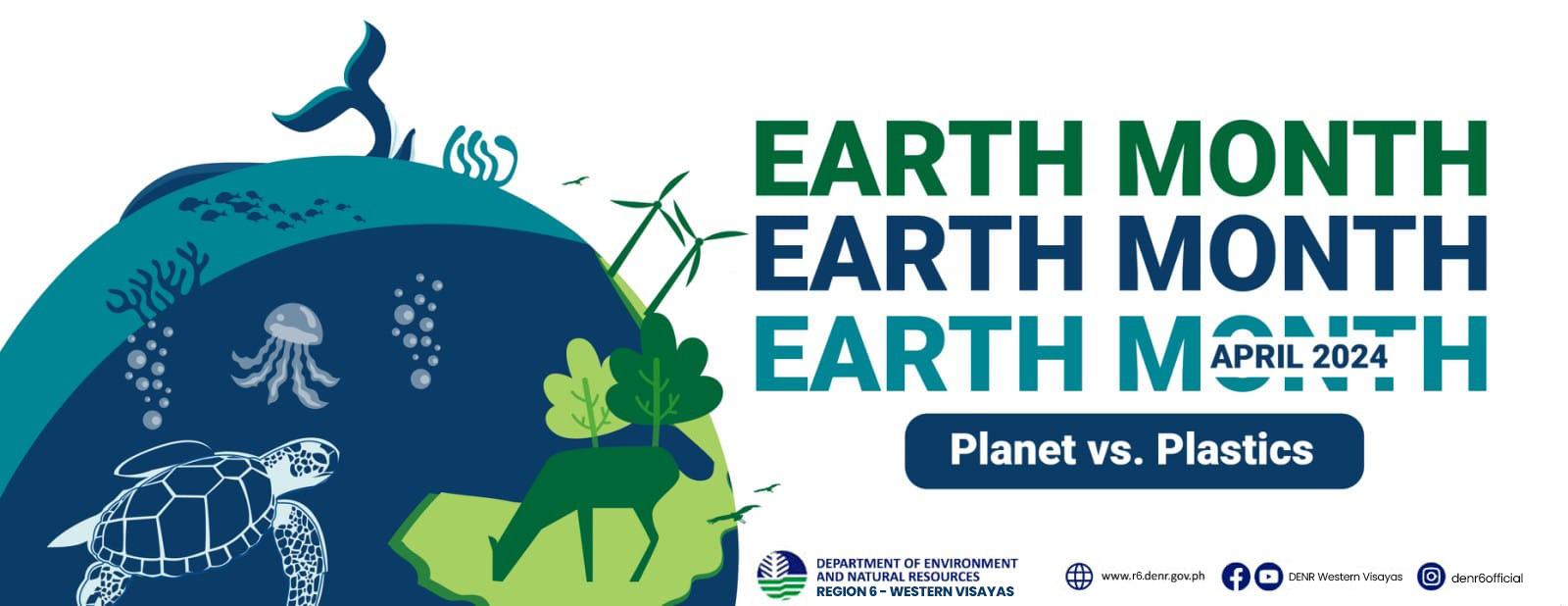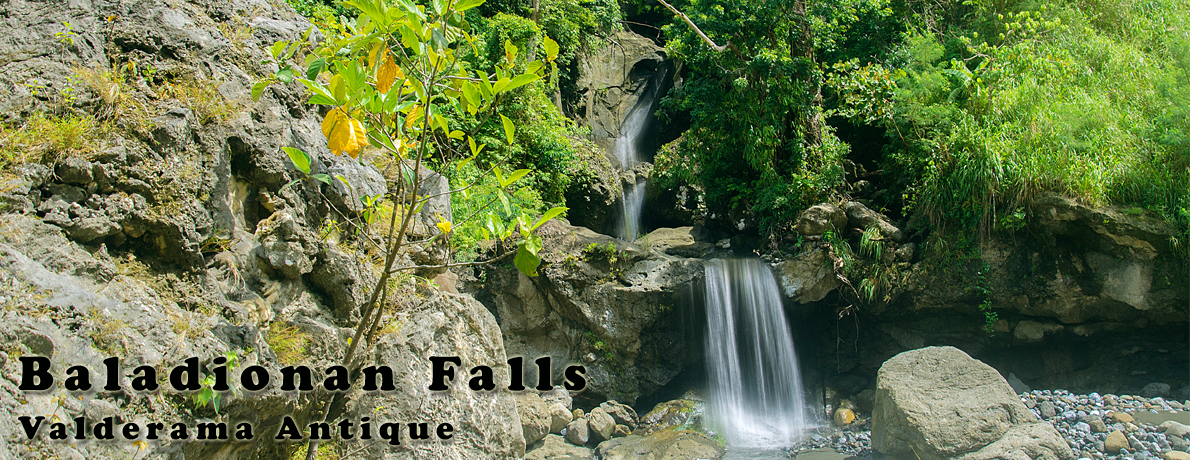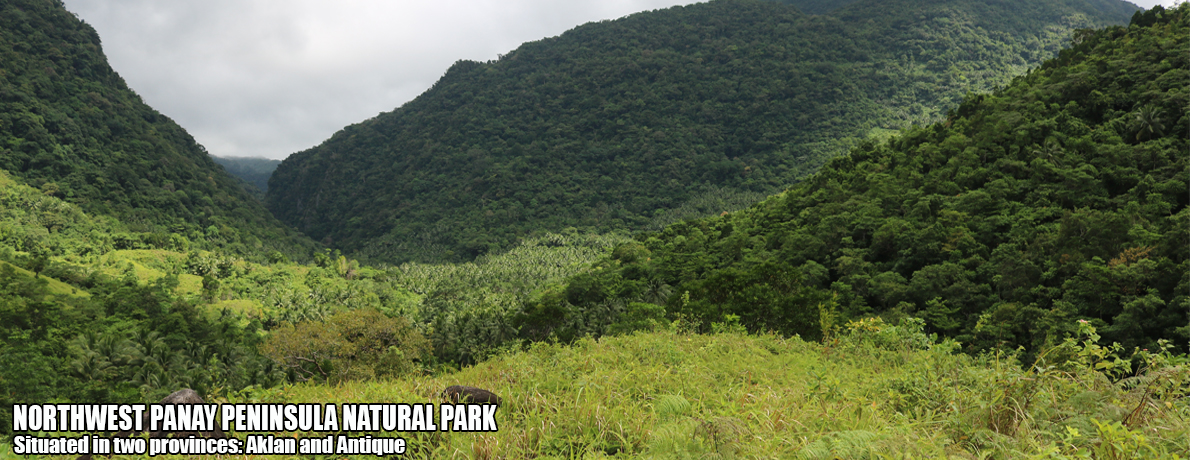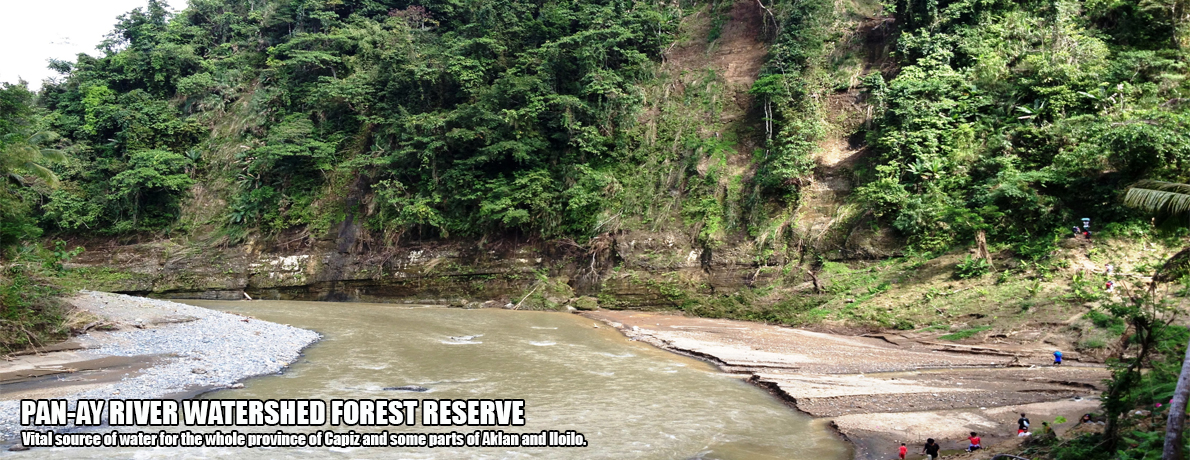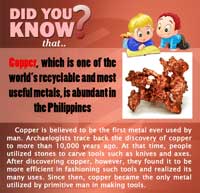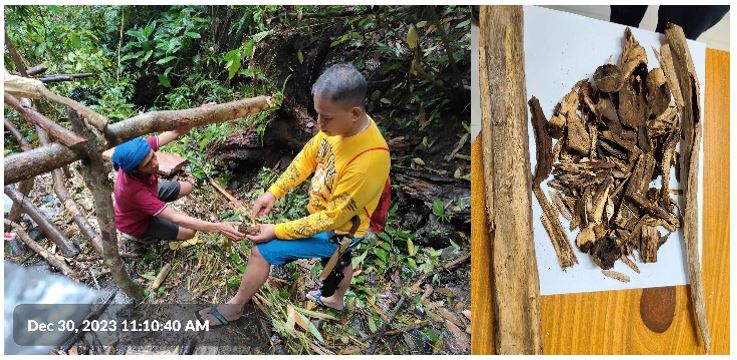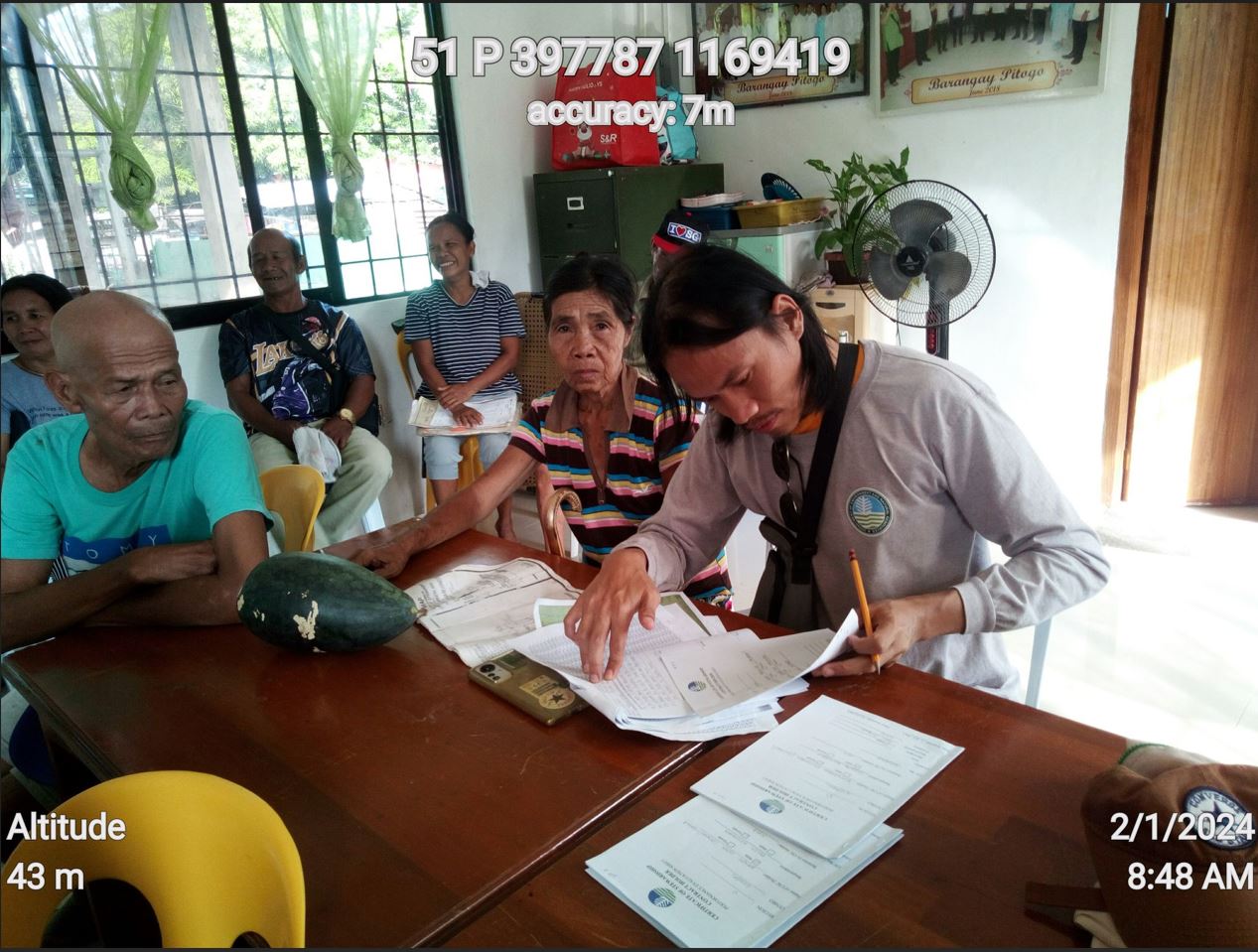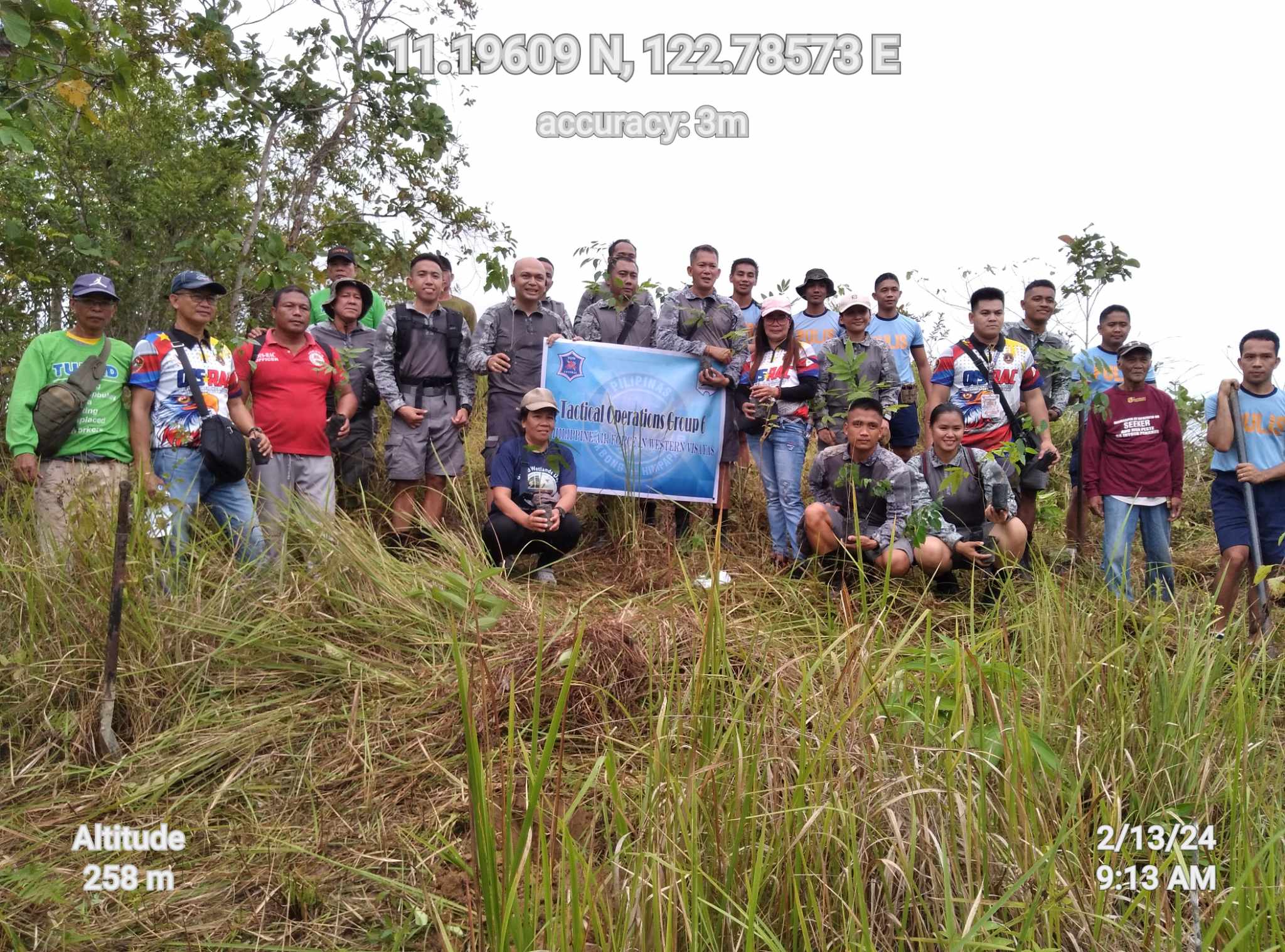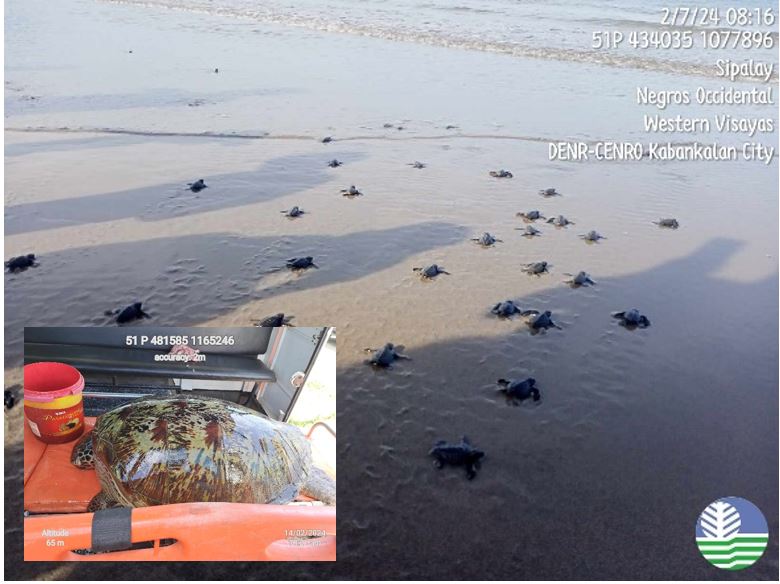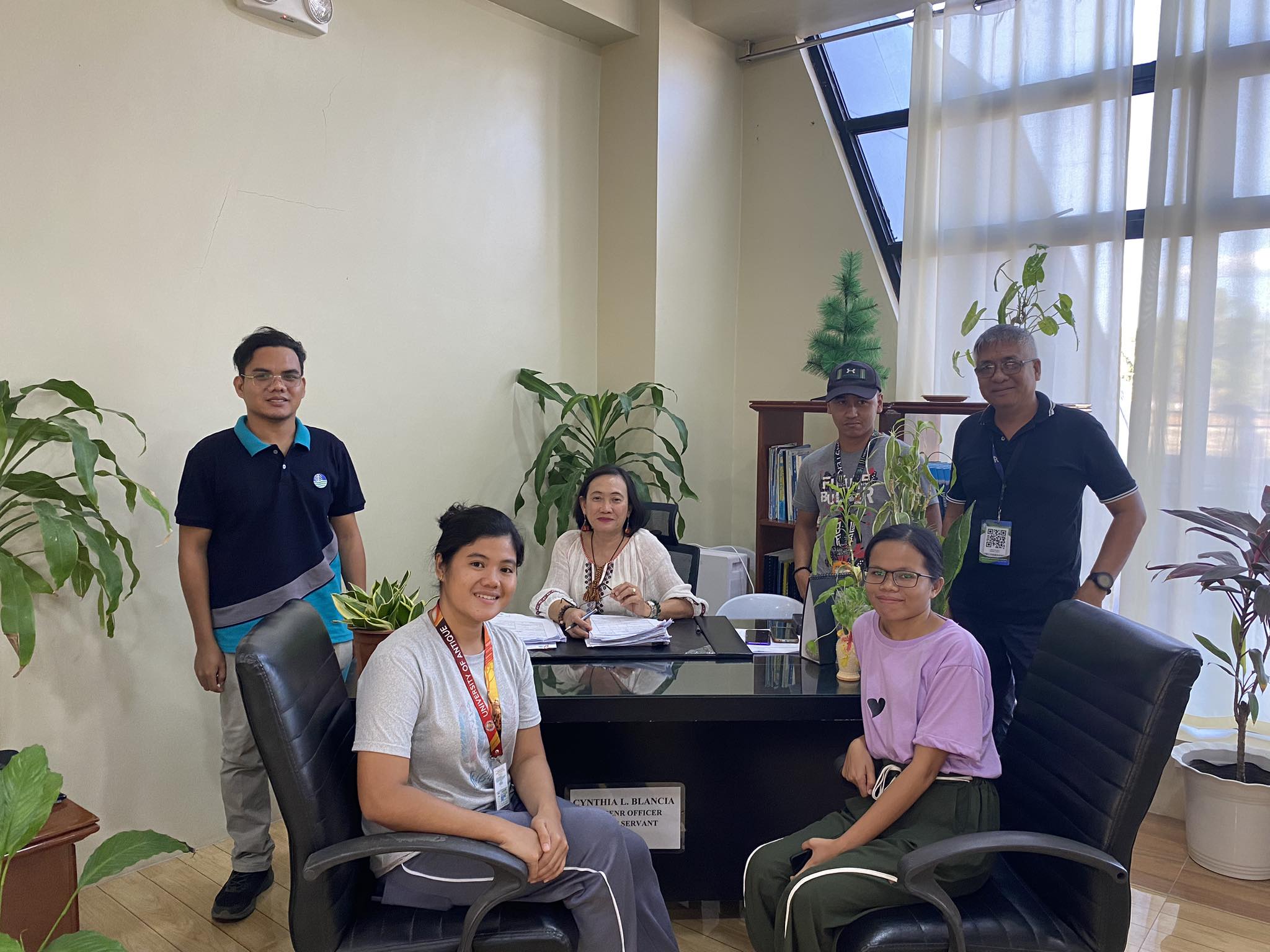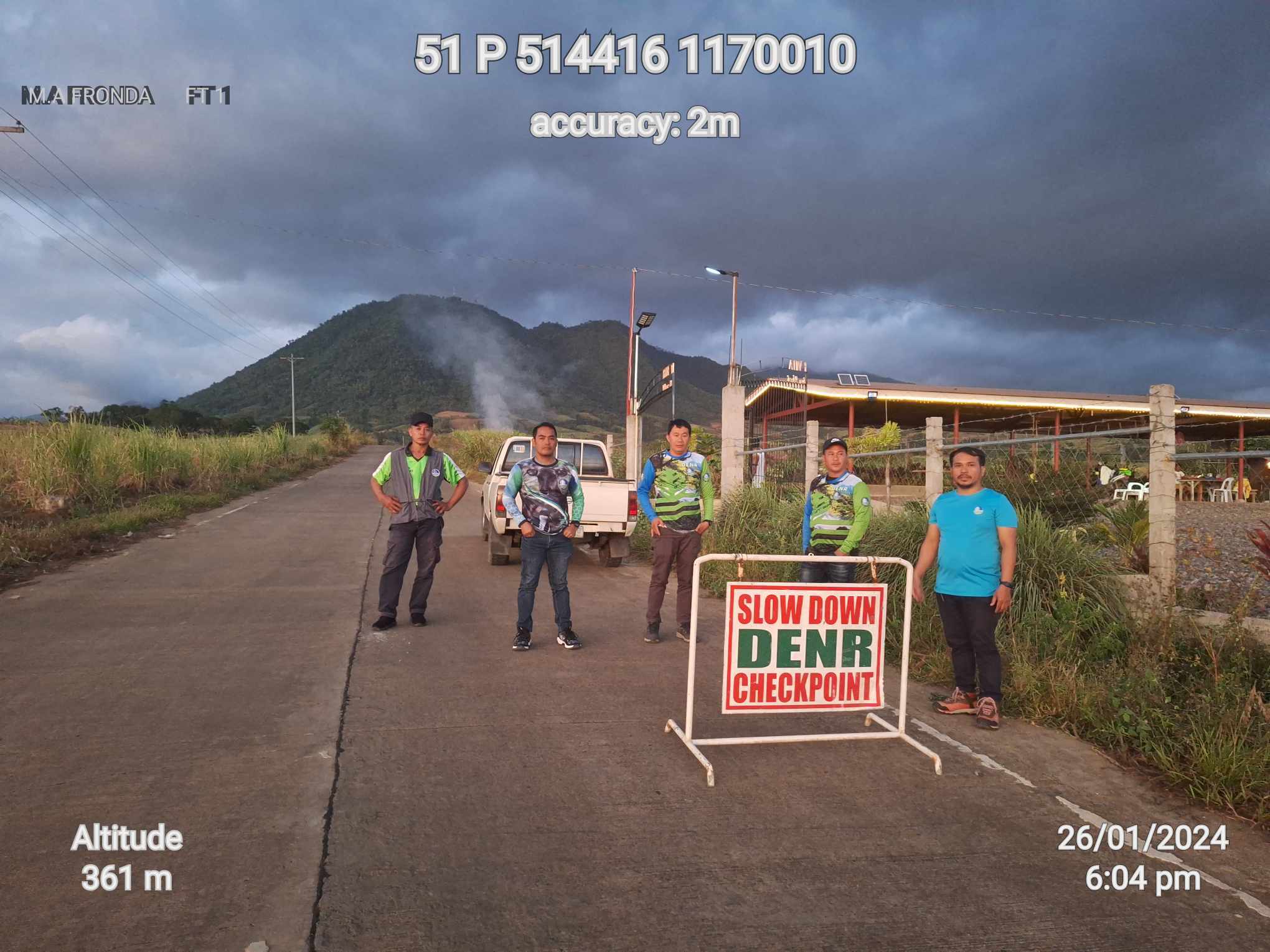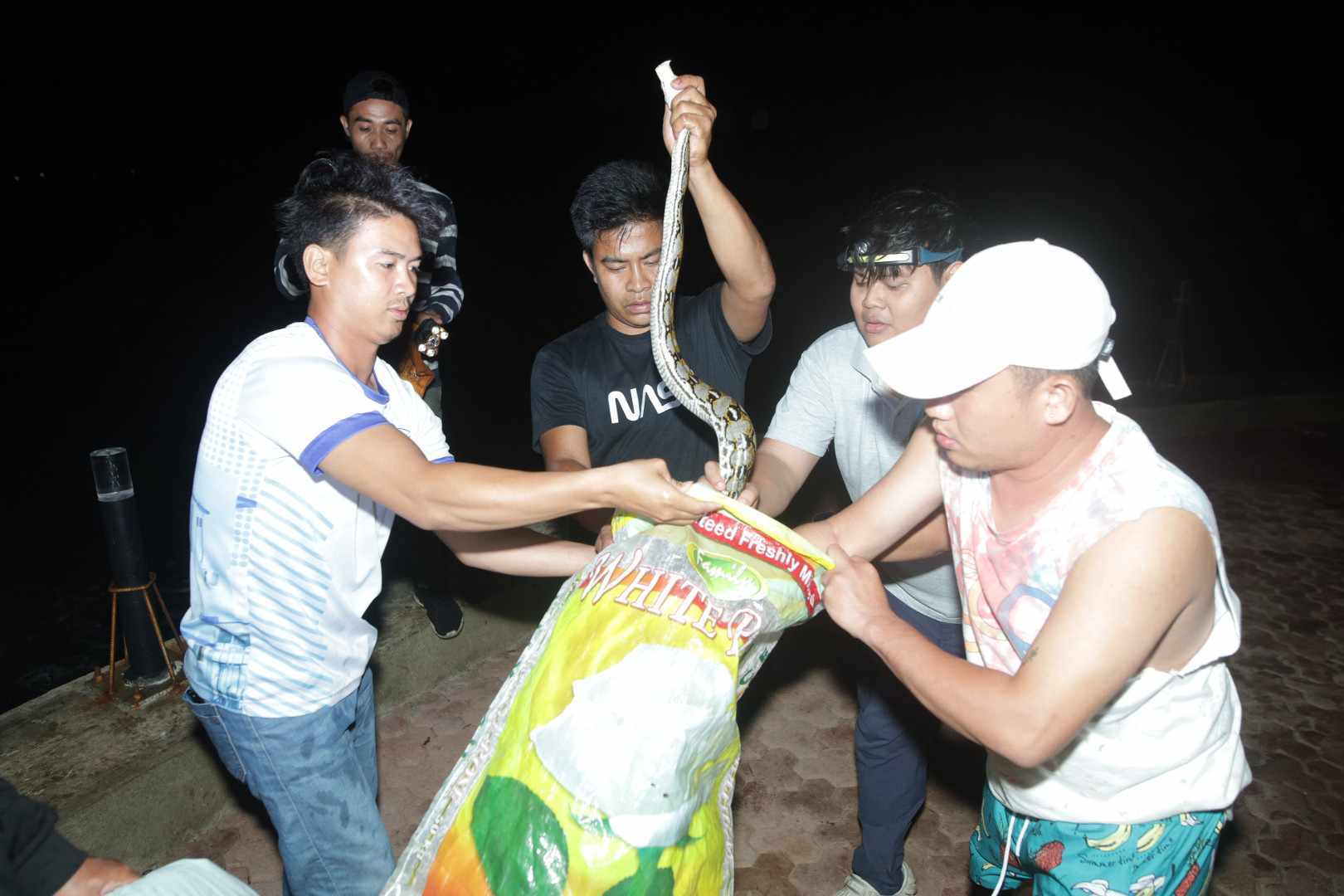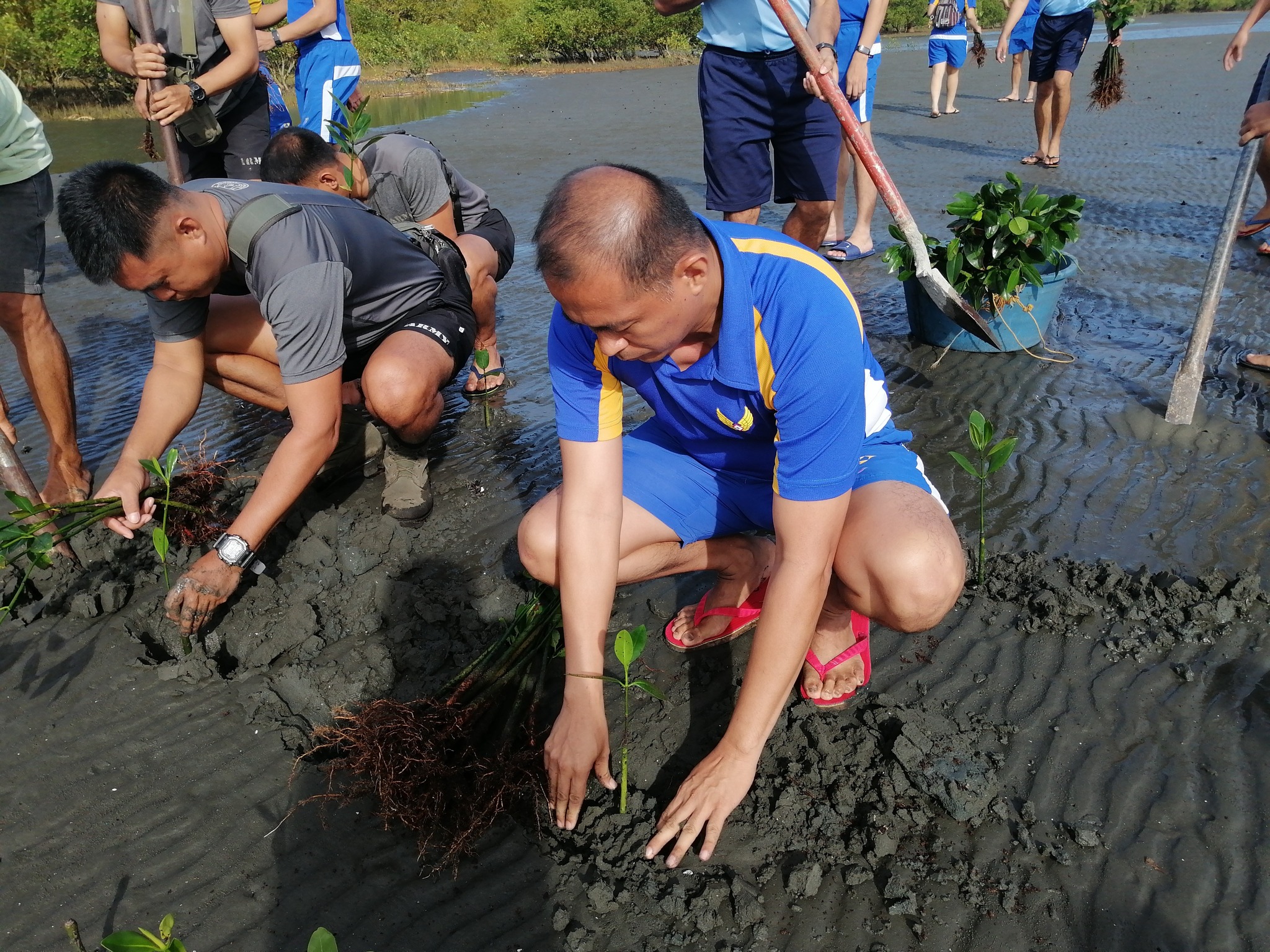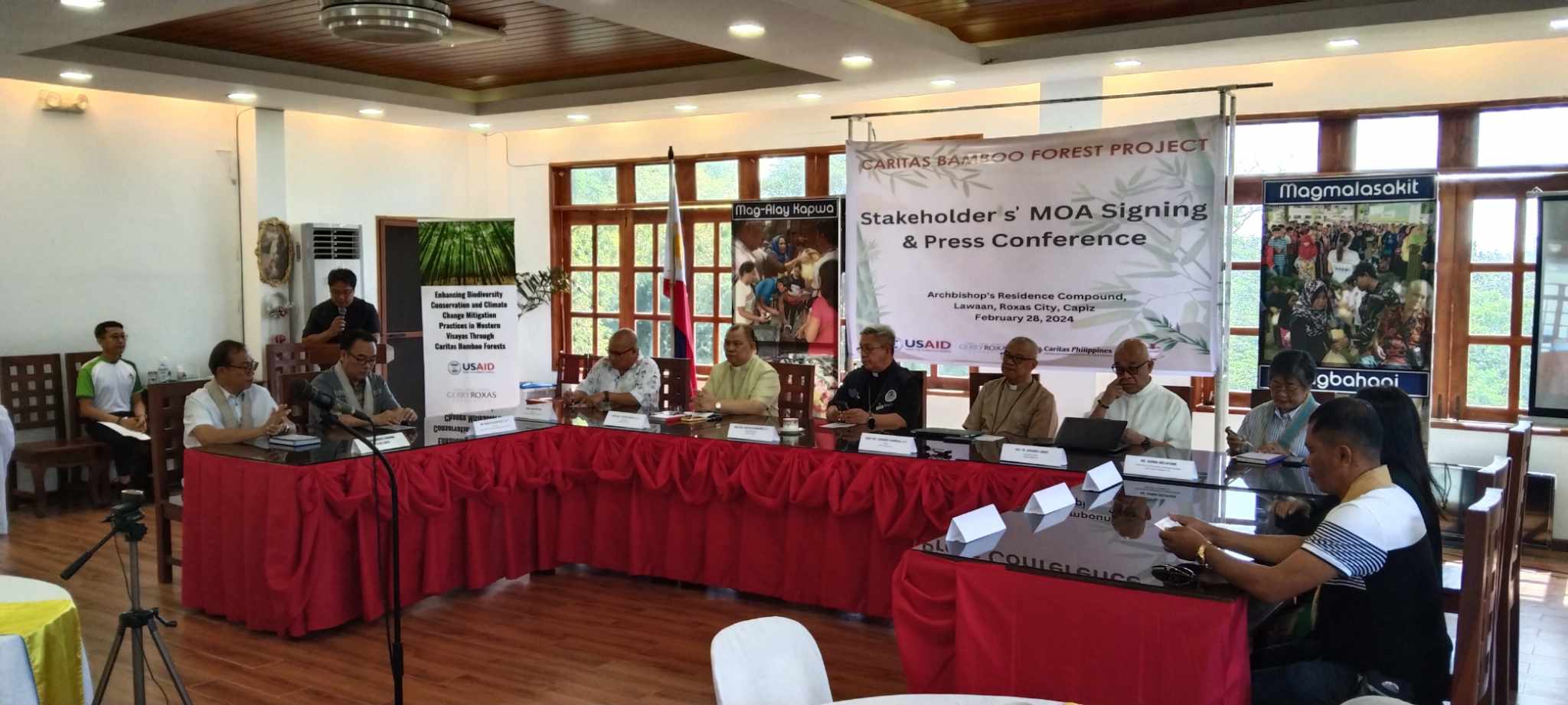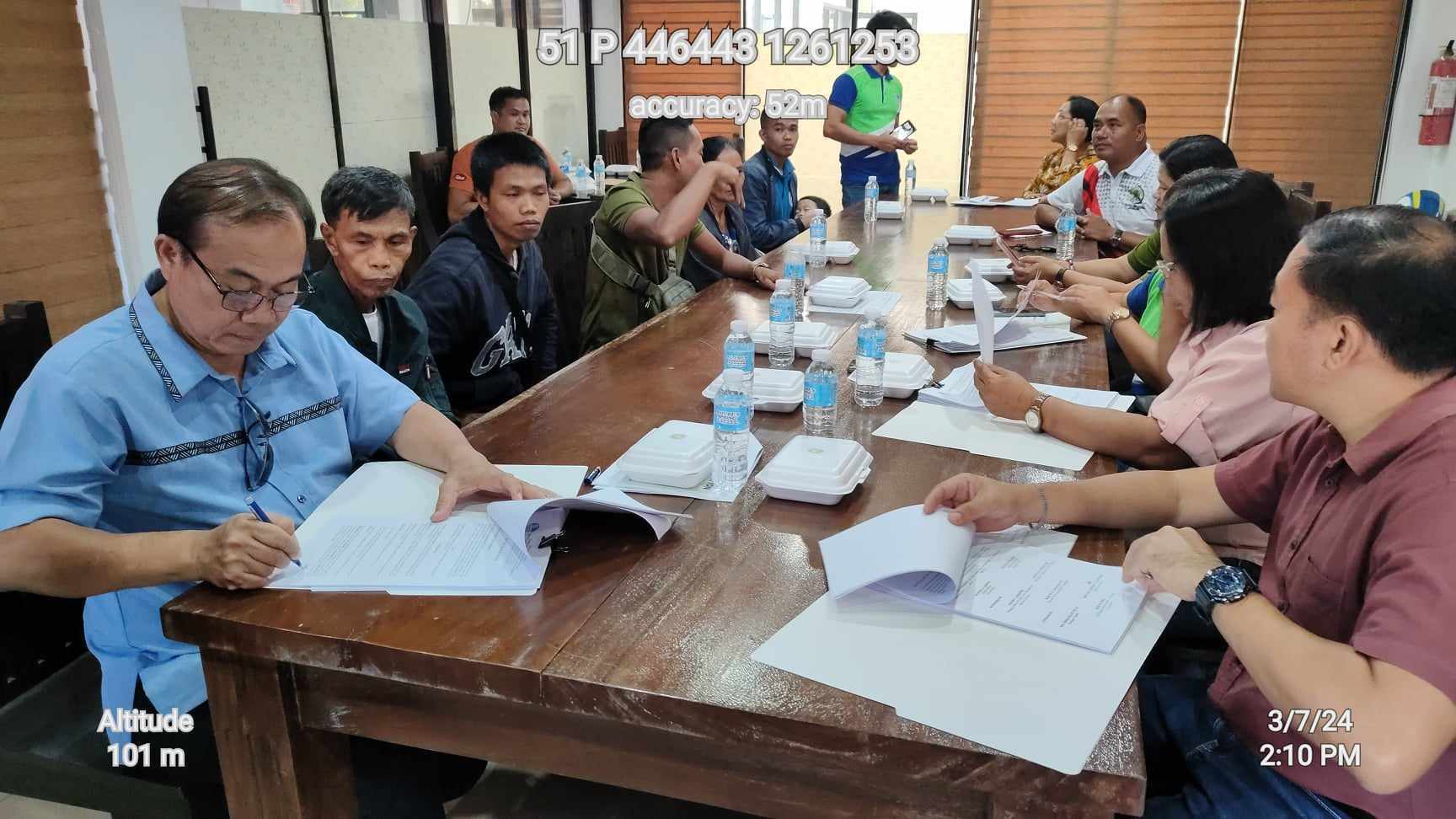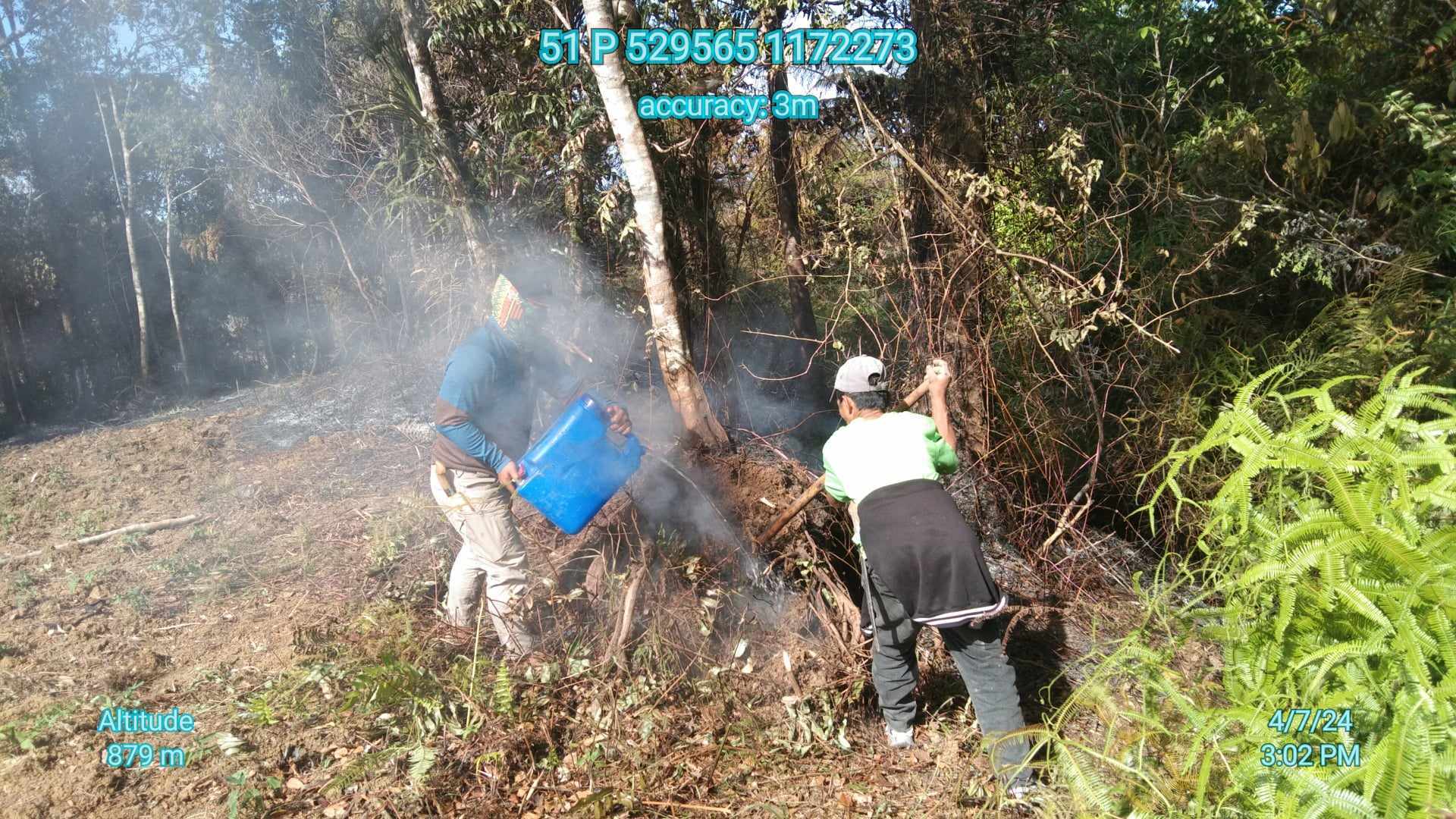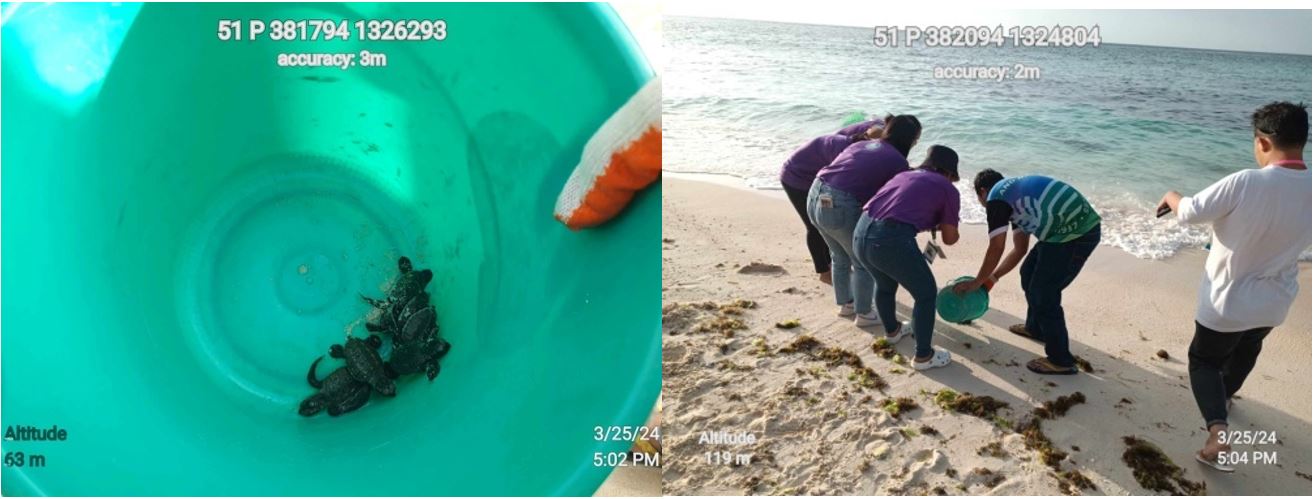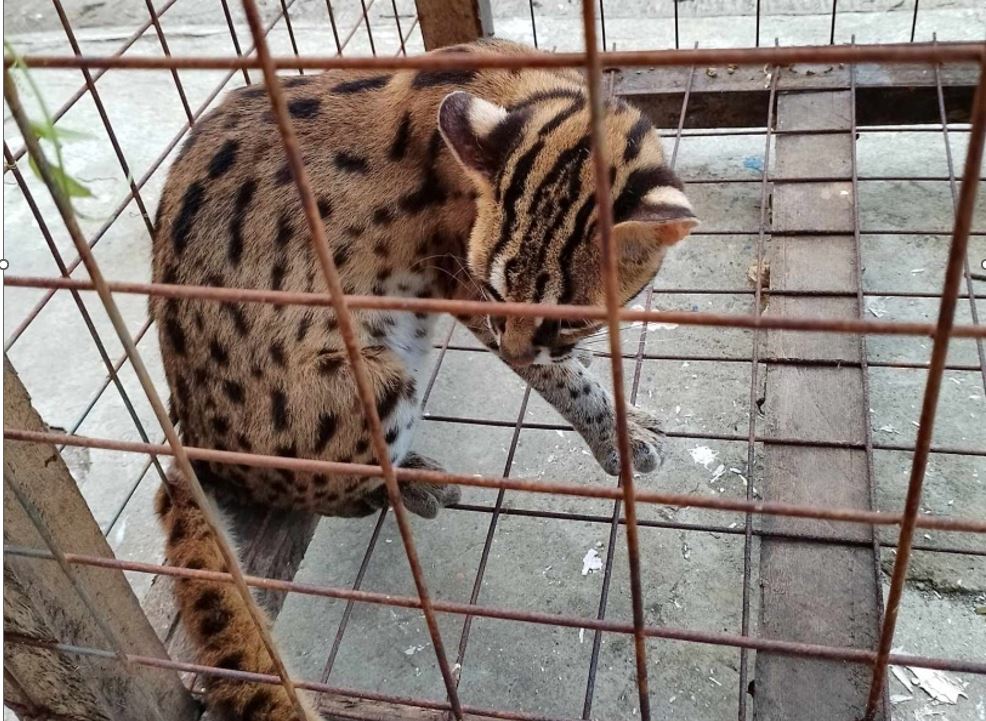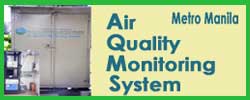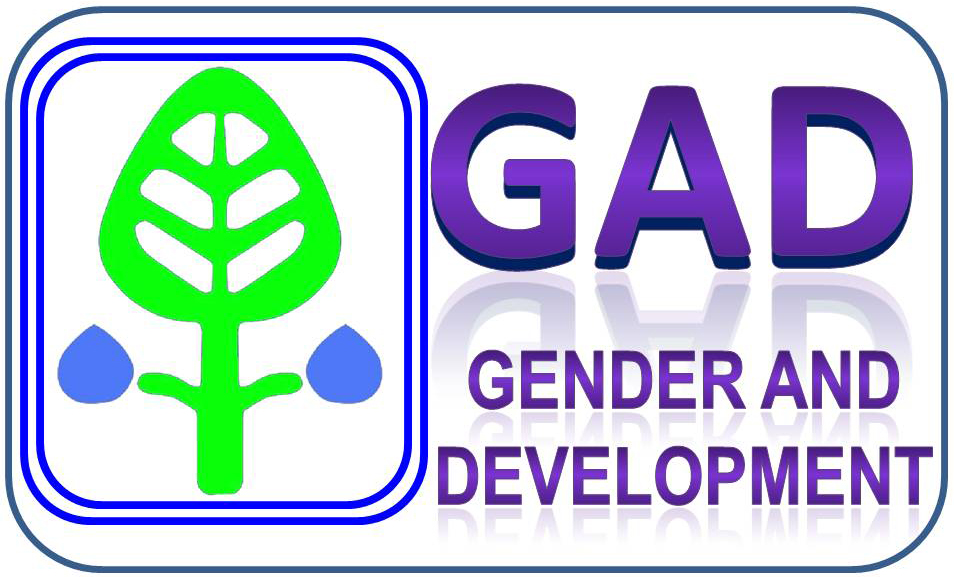The Department of Environment and Natural Resources (DENR) expressed hope the Senate would soon ratify an international treaty regulating the use and trade of mercury, a highly toxic substance that poses threats to human health and the environment.
This developed as the DENR – through its Environmental Management Bureau – and its partners from the public and private sectors have released a Ratification Dossier on the Minamata Convention on Mercury, which the Philippines adopted in October 2013.
The dossier was completed through the assistance of the United Nations Training and Research (UNITAR) and the Swiss Confederation.
DENR Secretary Ramon J.P. Paje, who had signed the landmark Minamata Convention in behalf of the Philippine government during a conference held in Kumamoto, Japan more than two years ago, said that ratifying the treaty is an important step toward controlling mercury pollution in the country.
“The ratification will seal the country’s firm commitment to protect its people and the environment from toxic and even deadly effects of mercury,” Paje said.
The dossier will be used as reference for ratification by the Senate and for assessing the capability of the Philippines in adopting the treaty.
The 24-member Senate is the lone government body tasked to scrutinize and endorse foreign treaties. The vote of at least 16 senators or two-thirds of the Senate membership is required before a foreign agreement is deemed ratified.
The Minamata Convention will take effect 90 days after ratification by at least 50 countries.
The convention was named after the Japanese city where industrial emissions of the toxic substance caused a poisoning disease affecting thousands of people in the 1950s.
The treaty maps out measures to curb health and environmental damage caused by mercury, recognizing the substantial lessons of Minamata disease, sometimes referred to as Chisso-Minamata disease, a neurological syndrome caused by severe mercury poisoning.
It aims to address eight major sources and uses of mercury, namely: supply sources and trade; mercury-added products; artisanal and small-scale gold mining; emissions and releases; interim storage of non-waste mercury; mercury wastes and contaminated sites; mercury cell chlor-alkali production; and mercury air transport and fate.
The use of mercury and mercury compounds in the Philippines is limited to uses like pharmaceuticals, dental amalgam, mining, electrical apparatus design and management, and, paint manufacturing, among others, as mandated by DENR Administrative Order No. 1997-38 (Chemical Control Order for Mercury and Mercury Compounds).
In 2008, the Department of Health issued an administrative order directing a gradual phase-out of mercury in healthcare facilities and institutions. A similar directive was issued by the Department of Education and the Department of Energy covering the education and energy sectors, respectively. ###

